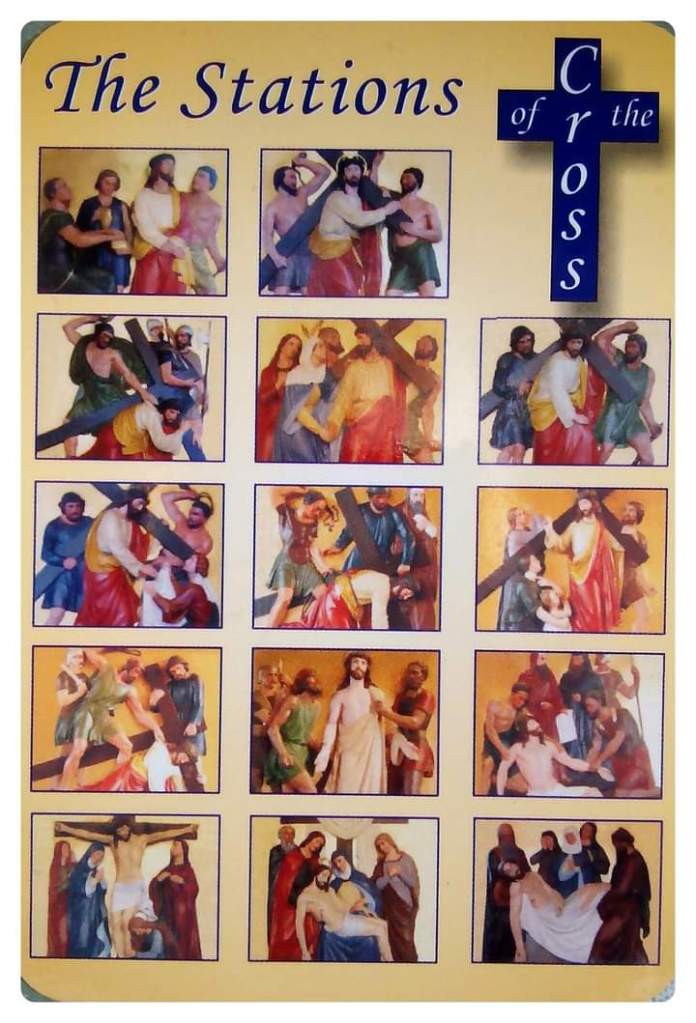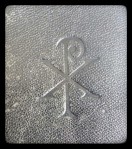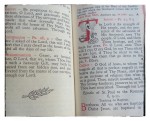
Our dead
Our dead are not all in the churchyards, entombed under the shadow of the cross, beneath mounds upon which roses bloom.
There are others whom no visible monument reminds us of; they have existed only in the heart, where, alas! they have found a tomb.
Calm reigns about me to-day, and in my solitary room, face to face with my crucifix, I wish to summon you forth. Arise then from the tomb, my beloved dead!
The first to present themselves…
The first to present themselves to me are the sweet years of my childhood, so fresh, so joyous, so innocent.
There were composed of caresses received, of recompenses lavished, of confidence without fear; words of trouble, of danger, or of worry were unknown. They brought me calm joys, pleasures without remorse… and asked in return only a little obedience.
Alas! they are dead… and with them they have borne away many things. What voids have they not left!
Frankness, gaiety, simplicity; I no longer find you in my soul.
Family joys, so true, so expansive, so easy; I find you no more.
Happiness of the fireside, recompense so well earned by days of application, maternal reprimands, so frankly asked and so generously granted, sincere promises to be good so joyously received… are all these for ever at an end, and shall I find them no more?
Shall I find them no more?
And the shade which follows is my simple, confiding faith.
It appeared to me under the form of an angel, covering me with his white wings, pointing God out to me everywhere and in everything.
God who, each morning, prepared for me my daily bread.
God, who prevented my mother from falling ill, and healed her when she suffered.
God, who kept me from harm when I was very good.
God, who saw all, who knew all, who could do all things, and whom I loved with all my heart.
Alas! this simple and confiding faith is dead; it could not live without innocence.
True friendship
And this other phantom is the friendship of my early years.
Friendship of my childhood, friendship of my youth, which afforded me such pious, frank enjoyment, which initiated me to the joys of devotion, which accustomed me to deny myself in order to give pleasure [Mk 8:34; Mt 7:13-14; Mt 5:44-48; Mt 6:19-34; etc.], which destroyed selfishness in my heart by making me feel the desire of living for others.
Friendship of my childhood, friendship of my youth, upon which I relied when I was told of the troubles of life, of the isolation of the heart, of the sinking of the soul… you too are among the dead. An involuntary coolness, an unfounded suspicion which we had not the courage to clear up, an evil report to which we listened… killed this daughter of heaven. I knew that she was delicate, I watched over her, but I did not believe that she was so feeble.
Oh! how very long is the list of the dead who have found a tomb in my heart.
The remedy
You who are still young, upon whom God has lavished all these gifts which I have lost – candour, simplicity, innocence, friendship, devotion… guard these treasures well; and, lest they die, place them under the protection of prayer.
– From: Golden Grains, Eighth Edition, H. M. Gill and Son, Dublin, 1889





